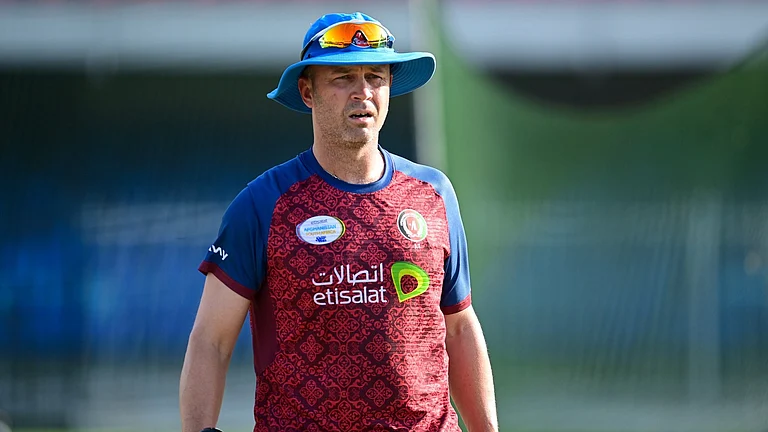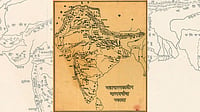Satire is the most difficult kind of fiction to write: it holds up serious, often solemn, and sometimes sacred matters to amusement or ridicule. Successful satire makes the absurd, the exaggerated and the fantastical seem perfectly natural to the context; treats the outrageous so wittily that it does not provoke outrage; and sometimes uses the technique of black comedy to illuminate deep tragedy. Pulling off a satirical novel requires both a deft touch and a profound understanding of the society being satirised. The Pakistani novelist Mohammed Hanif, who had already demonstrated many of these qualities in his highly praised debut novel A Case of Exploding Mangoes, serves a near-ace in his second, Our Lady of Alice Bhatti. It is brilliantly written, powerfully conceived and richly imagined; a remarkable read. And yet I turned the last page without the sense of satisfaction that the author’s undoubted talents, and indeed his first 200 pages, had led me to expect.
The novel opens with Alice Bhatti, a young woman with a prison conviction, obtaining a job as a junior nurse at the Catholic-run Sacred Heart Hospital for All Ailments in a city coyly referred to as “Garden East” (a nom de plume, it seems, for Karachi). She is what Indians would call a Dalit Christian, the daughter of a sweeper, and a wonderfully compelling character for most of the book. Alice has learned to cope courageously with the triple minorityhood of being Christian, low-caste and female in an unequal society. As her story unfolds we discover that her mother, a servant in an opulent mansion, had been raped and murdered when Alice was 12. Officially she had slipped on a soapy marble staircase, but as the author points out, “when you slip on that staircase [it isn’t likely that] you’ll also accidentally scratch yourself on your left breast...that during that fall on the staircase you’ll somehow manage to spill someone’s sperm on your thighs.”
That revelation is just one of many indications of the author’s searing empathy with what women undergo in a land where violence is commonplace and life is cheap (“most of life’s arguments...got settled by doing various things to a woman’s body”). The story of Alice falling in love with the body-building, inarticulate Teddy Butt, an unofficial aide and hanger-on to the police’s “G Squad” whose “ideas about the logistics of love are learnt from the wildlife documentaries he watches on National Geographic”, is depicted with gentle plausibility, from their “resigned intimacy” to the magic of their first date (which ends with their unplanned and sudden marriage). Their lives intersect with that of the 17-year-old vagrant Noor, who becomes an untrained but indispensable assistant to the hospital administrator in exchange for a bed and care for his dying mother Zainab; and with the severe head nurse, Hina Alvi, whose outward sternness conceals a heart that harbours its own secret. These characters are drawn with an exquisite tenderness that belies the savagery they all must undergo in the course of the novel.
The writing is knowing—“Inspector Malangi knows that an arm around someone’s shoulder is the first step towards law enforcement”—if sometimes too clever (“raising your arse to the sky has never seemed...the best way to express your devotion”). This lightness of touch well suits a story that unfolds at a leisurely pace, inveigling you into its own world, with descriptions of police brutality, sexual exploitation and political violence somehow fitting seamlessly into the assorted absurdities the author depicts. A frustrated Teddy, unable to express his emotions for Alice, fires his gun in the air; the bullet accidentally injures a truck driver, who runs over an auto-rickshaw and grotesquely kills several schoolchildren; a riot ensues and the city is shut down for three days. The matter-of-fact, even somewhat wry description of this horror stuns the reader into either disgust or admiration—in my case the latter.
All the more disappointing, then, that after building up the reader’s engagement with both his madness and his method, Mohammed Hanif allows his novel to collapse in the last thirty or so pages. Our Lady ends as the author had no doubt planned (and I’m not going to give it away). But it is a perverse tribute to the author that he has beguiled us with characters who deserved both more and less than the fate to which he has consigned them.


























